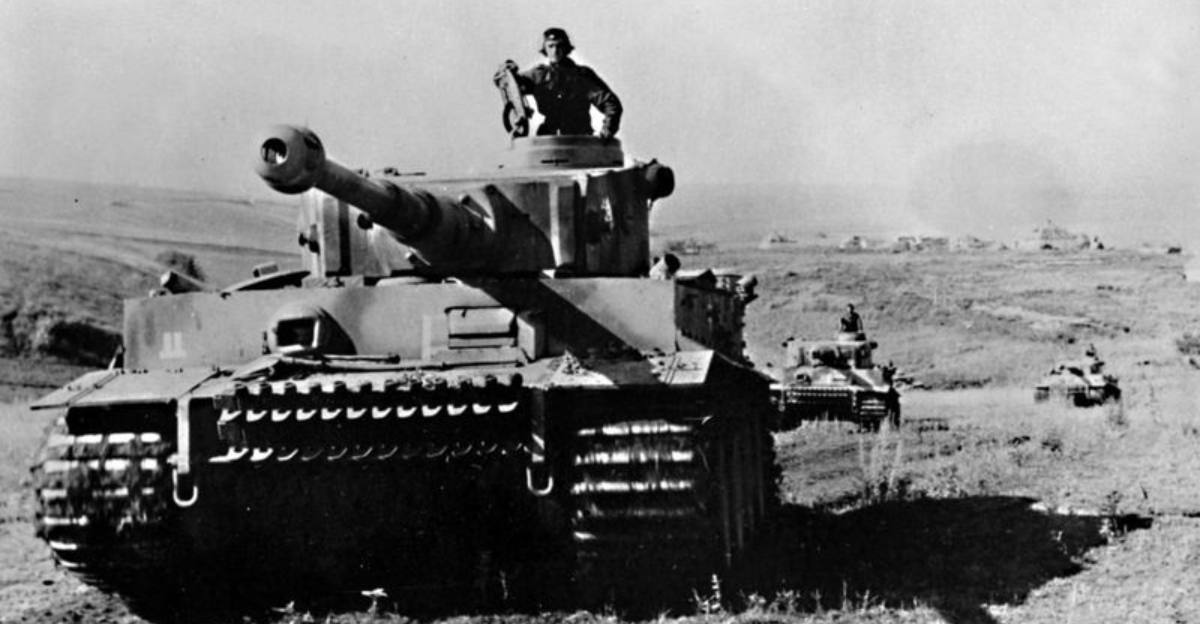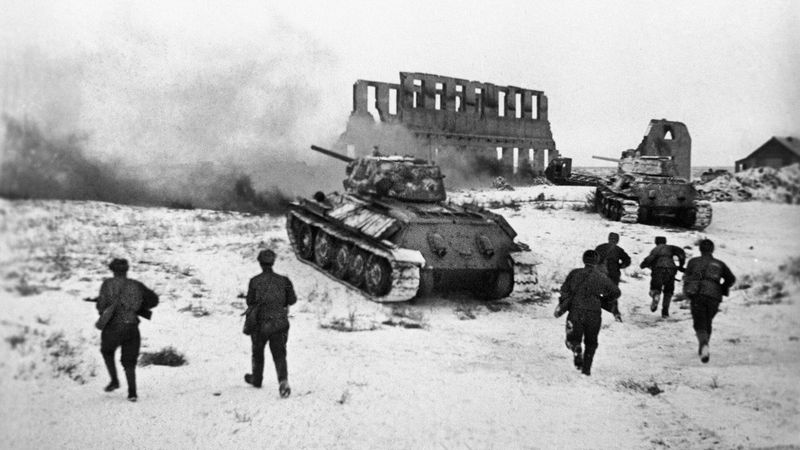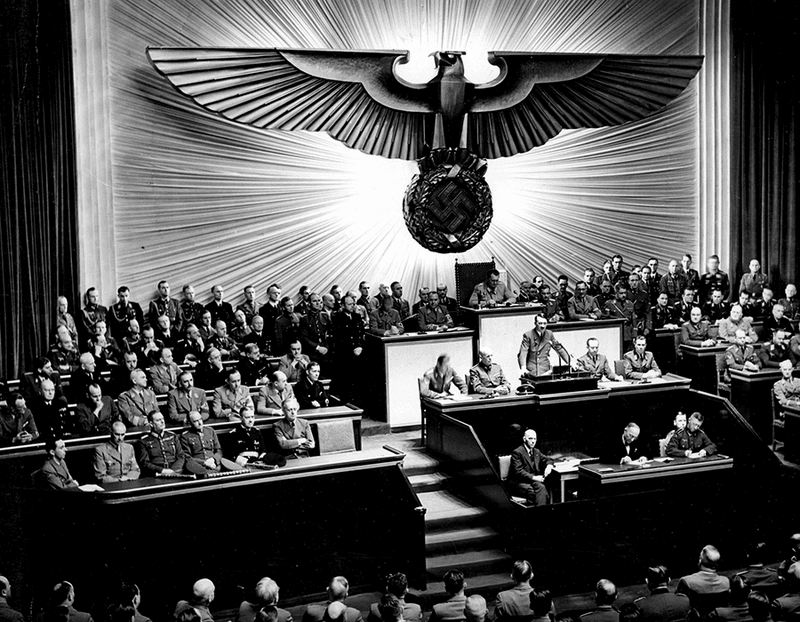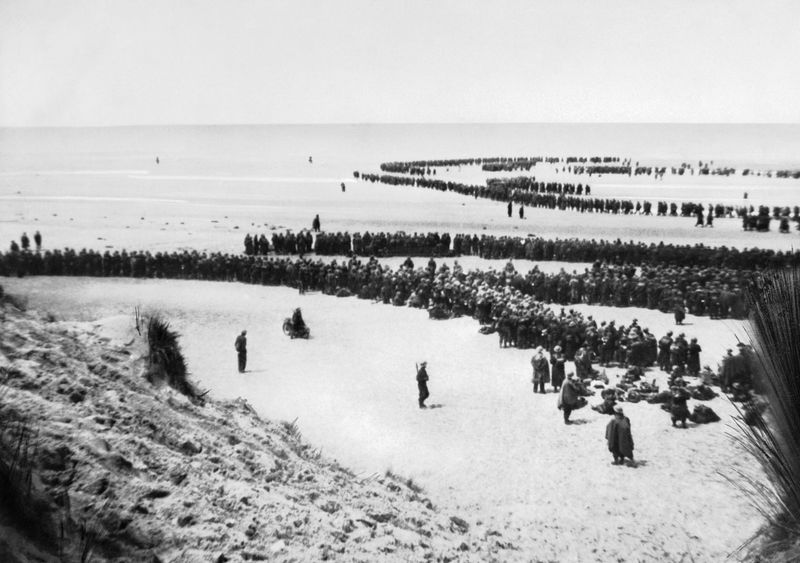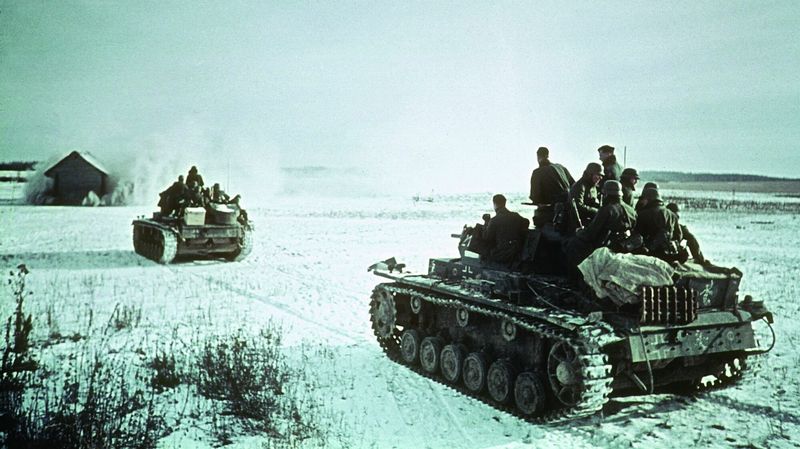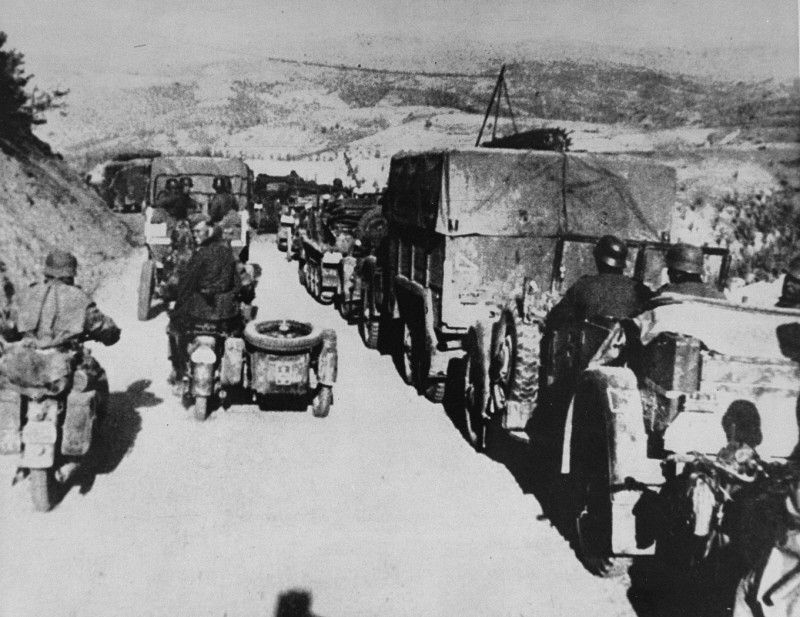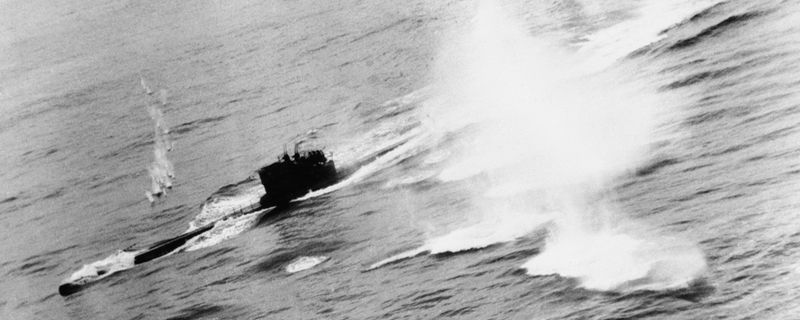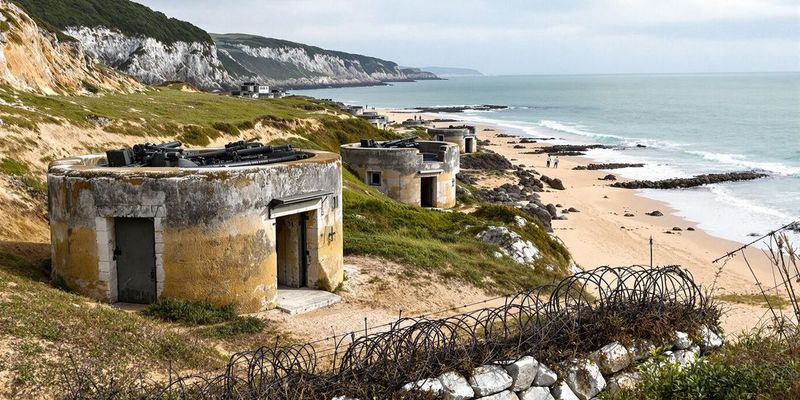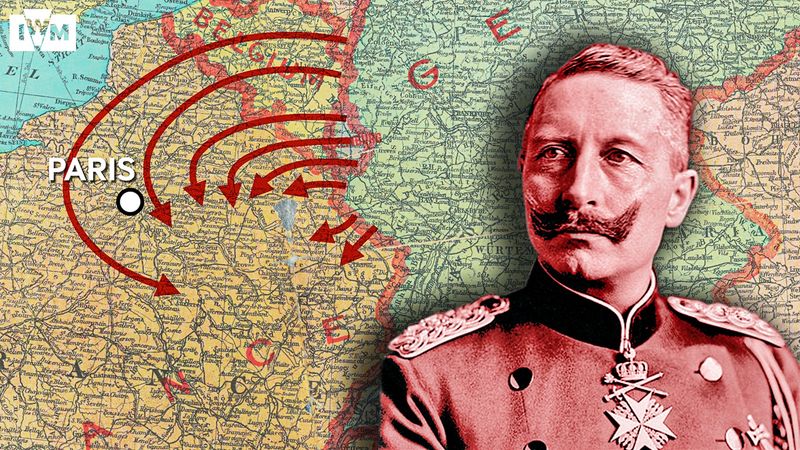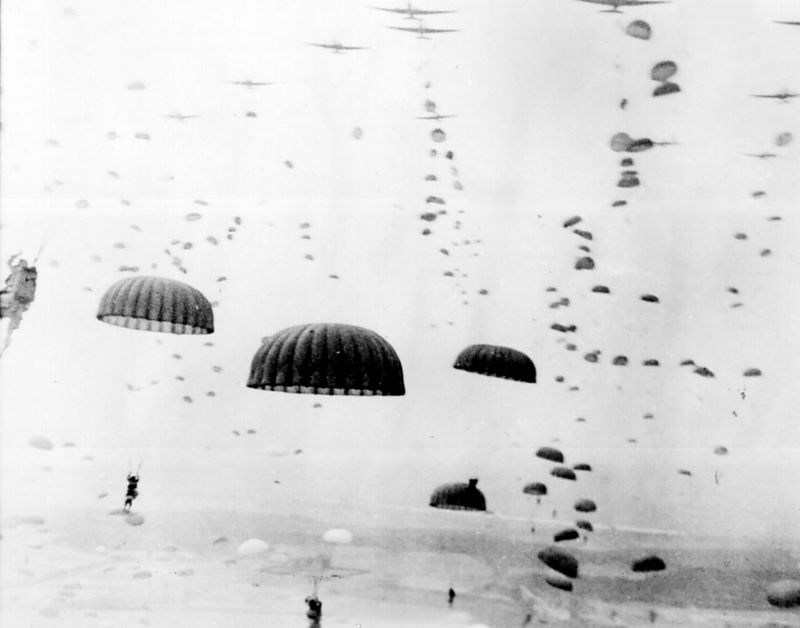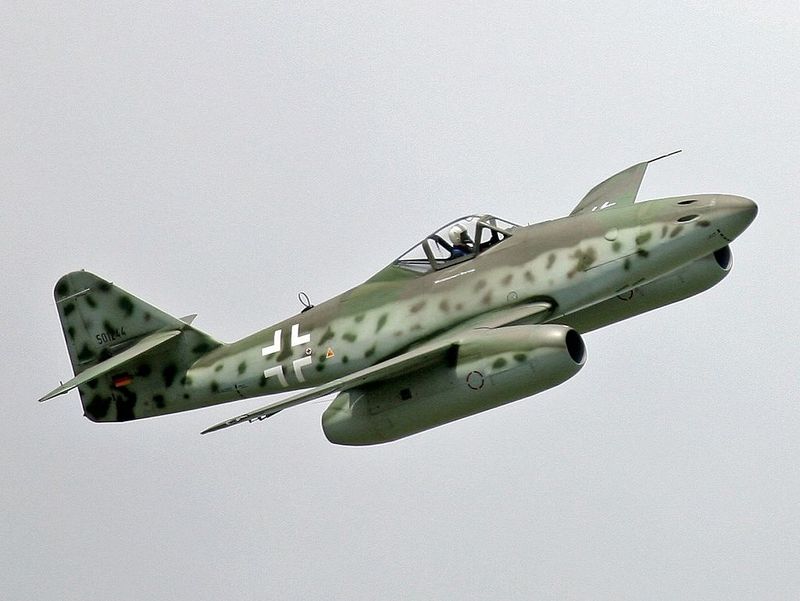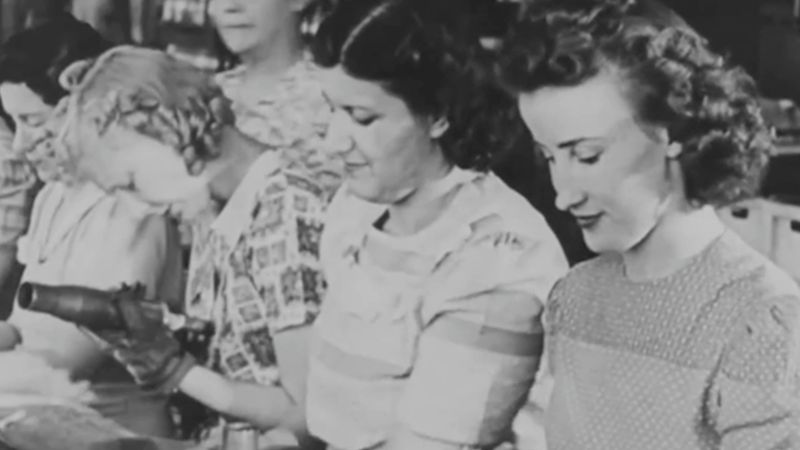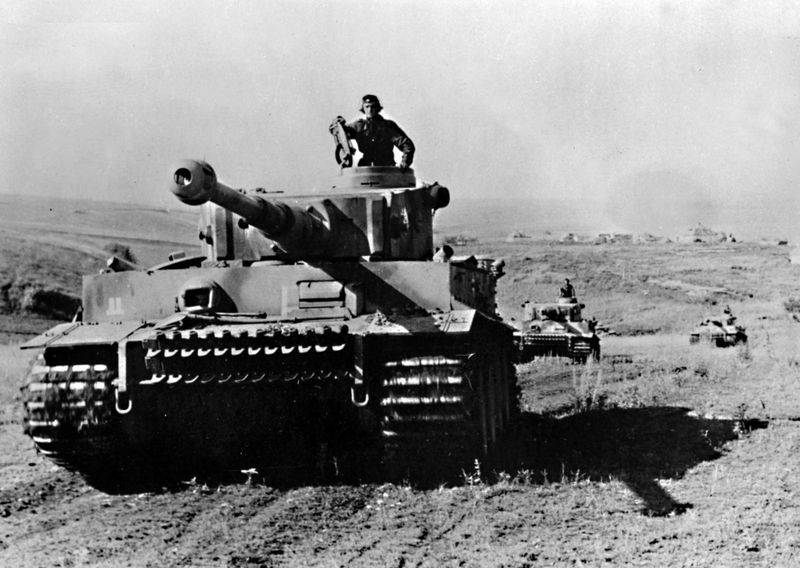War hinges on decisions made in critical moments. During World War II, German military leaders made choices that dramatically altered the course of history.
These fateful decisions, often based on overconfidence or flawed intelligence, transformed potential German victories into devastating defeats.
The consequences still echo through military strategy classrooms today.
1. The Soviet Gamble
Operation Barbarossa launched on June 22, 1941, sending over 3 million German troops eastward. Hitler’s generals believed they could conquer the Soviet Union before winter—a catastrophic miscalculation.
The Germans advanced rapidly at first, capturing millions of Soviet prisoners. But as supply lines stretched thin and autumn rains turned roads to mud, the offensive stalled.
When winter arrived, German soldiers froze in summer uniforms. The Soviets counterattacked, beginning a grinding war of attrition that Germany couldn’t win. This single decision to invade diverted crucial resources from other fronts, ultimately sealing Germany’s fate.
2. Declaring War on America
Four days after Pearl Harbor, Hitler made perhaps his most puzzling decision. Though not obligated by any treaty, he declared war on the United States on December 11, 1941, bringing the world’s greatest industrial power into the European conflict.
German U-boats initially devastated American shipping along the East Coast. However, this advantage quickly evaporated as America’s massive production capacity kicked into gear.
The decision transformed a European conflict into a truly global war. American factories soon produced more planes, tanks, and ships than all Axis powers combined, creating an insurmountable material advantage that Germany could never overcome.
3. The Dunkirk Pause
May 1940: German tanks had trapped over 330,000 Allied troops against the English Channel at Dunkirk. Victory seemed certain until Hitler ordered his armored divisions to halt their advance.
This mysterious pause allowed the British to organize a massive evacuation using everything from naval vessels to civilian fishing boats. For nine crucial days, the German army watched as the core of Britain’s military escaped across the Channel.
The rescued soldiers would form the backbone of future Allied armies. Churchill called it a “miracle of deliverance,” while German generals privately fumed at the missed opportunity to potentially end British resistance early in the war.
4. Moscow’s Missed Opportunity
In August 1941, German armies stood just 200 miles from Moscow. Victory seemed within reach when General Halder urged an immediate drive on the Soviet capital.
Hitler overruled him, diverting powerful Panzer groups south toward Ukraine and north toward Leningrad instead. This fateful decision squandered Germany’s best chance to capture Moscow before winter.
When German forces finally resumed their advance in October, early snowfalls had already begun. The offensive stalled within sight of Moscow’s spires. Soviet counterattacks then pushed exhausted German units back, shattering the myth of Nazi invincibility and transforming the Eastern Front into a grinding war of attrition.
5. Wonder Weapons Obsession
As Allied bombing intensified, Hitler increasingly fixated on revolutionary “wonder weapons” that would turn the tide. Resources poured into V-2 rockets, jet fighters, and massive tanks while basic war materials remained in short supply.
German engineers created technological marvels like the world’s first ballistic missile. Yet these complex weapons arrived too late and in too few numbers to influence the war’s outcome.
Meanwhile, the Allies focused on mass-producing reliable equipment. For every German Tiger tank, American factories churned out dozens of Shermans. This technological gamble diverted crucial materials and engineering talent when Germany needed conventional weapons most desperately.
6. Balkan Detour Disaster
Spring 1941: German forces stood ready to invade the Soviet Union when Mussolini’s failed invasion of Greece forced Hitler to bail out his Italian ally. German generals reluctantly diverted powerful forces to conquer Yugoslavia and Greece.
The campaign succeeded quickly but delayed Operation Barbarossa by nearly six critical weeks. Those lost weeks would prove catastrophic when German troops later froze outside Moscow.
Yugoslav resistance also tied down valuable German divisions throughout the war. Field Marshal von Rundstedt later lamented that this unplanned Balkan adventure cost Germany the decisive weeks needed to capture Moscow before winter—all to rescue Mussolini from his own military blunders.
7. Atlantic Overreach
Admiral Dönitz’s U-boats nearly severed Britain’s maritime lifeline in 1942. German submarines sank over 1,500 Allied ships, threatening to starve Britain into submission through unrestricted submarine warfare.
But German naval leaders fatally underestimated Allied technological responses. When Britain and America deployed improved radar, sonar, and air coverage, the hunters became the hunted.
By mid-1943, the tide had turned decisively. German U-boats were being destroyed faster than they could be built, with experienced crews irreplaceable. This naval defeat ensured Allied supplies would continue flowing to Britain and later to Soviet forces, making German defeat inevitable once America’s industrial might fully mobilized.
8. D-Day Deception Failure
On June 6, 1944, Allied forces stormed Normandy’s beaches. German intelligence had predicted the invasion would come at Calais, where defenses were strongest and reinforcements closest.
Field Marshal Rommel had pleaded for Panzer divisions to be positioned near all potential landing sites. Hitler refused, keeping armor in reserve far from the coast.
When reports of the actual landings reached Hitler, he initially dismissed them as a diversion. Powerful Panzer divisions sat idle for crucial hours while Allied beachheads expanded. By the time German armor finally received orders to counterattack, Allied air superiority made daylight movement nearly impossible, allowing the invasion to succeed.
9. The Schlieffen Gambit
In 1914, German generals dusted off the Schlieffen Plan—a bold strategy to knock France out of the war before Russia could fully mobilize. The plan required violating neutral Belgium to outflank French defenses.
German forces swept through Belgium but failed to move quickly enough to encircle Paris. The violation of Belgian neutrality also brought Britain into the war, transforming a continental conflict into a global one.
What was supposed to be a six-week campaign turned into four years of trench warfare. This strategic miscalculation not only failed to achieve quick victory but created the conditions for Germany’s eventual defeat in World War I and set the stage for Hitler’s rise.
10. Market Garden Missteps
September 1944: Allied paratroopers dropped behind German lines in Operation Market Garden. German commanders initially panicked before realizing the opportunity before them.
Field Marshal Model quickly organized a devastating response. German forces isolated British paratroopers at Arnhem and systematically destroyed the “bridge too far.”
Yet this tactical victory became a strategic blunder. German high command poured irreplaceable elite units into the Netherlands battle, weakening defenses elsewhere. These veteran units might have been better used defending Germany’s western borders or reinforcing the Eastern Front, where Soviet armies were advancing relentlessly toward Berlin.
11. Jet Fighter Misuse
Germany developed the Me-262, the world’s first operational jet fighter, years ahead of Allied jet technology. This revolutionary aircraft could outrun any Allied fighter by over 100 mph.
Hitler, however, demanded it be redesigned as a bomber. This decision delayed deployment by months while engineers struggled with modifications that compromised the aircraft’s performance.
By the time Me-262s finally entered combat in significant numbers, fuel shortages, Allied bombing of airfields, and overwhelming enemy numbers negated their technological advantage. This squandered opportunity represents one of history’s great “what-ifs”—had hundreds of jets been deployed earlier as fighters, they might have regained air superiority over Germany.
12. Delayed Total Mobilization
Unlike Britain, which mobilized women and civilian industry for war production in 1939, Germany maintained a partial peacetime economy until 1943. Hitler feared civilian discontent more than military shortages.
Albert Speer, appointed Armaments Minister in 1942, finally pushed for total war mobilization. German war production actually peaked in 1944 despite intense Allied bombing.
This delayed mobilization represented a critical strategic error. By the time Germany fully harnessed its industrial potential, Allied armies were closing in from east and west. Had German industry been fully converted to war production in 1940-41, the additional tanks, aircraft, and ammunition might have tipped crucial early battles in Germany’s favor.
13. Kursk’s Fatal Offensive
Summer 1943: German generals planned Operation Citadel to eliminate a Soviet bulge in the front line near Kursk. Despite intelligence reports warning of massive Soviet defenses, Hitler approved the attack after multiple delays.
The Soviets had transformed the area into a defensive fortress with minefields, anti-tank guns, and hidden artillery. When German forces attacked on July 5, they drove into history’s largest tank battle.
After initial gains, German forces were stopped cold with devastating losses of irreplaceable tanks and veteran crews. The failed offensive burned through Germany’s strategic reserves while giving the Soviets valuable intelligence about new German weapons. From this point onward, Germany would fight purely defensive battles on the Eastern Front.
